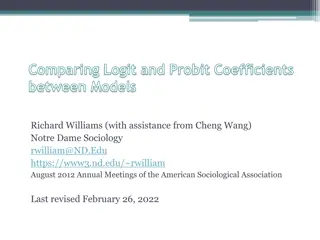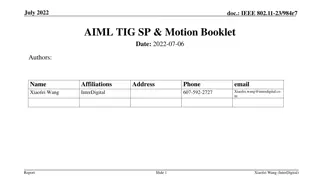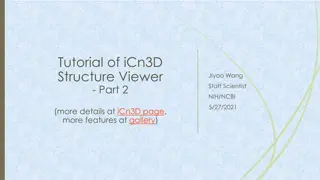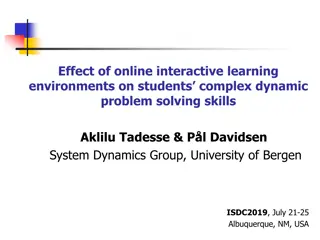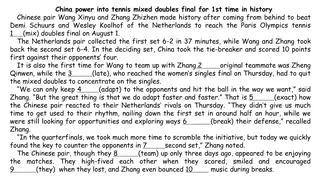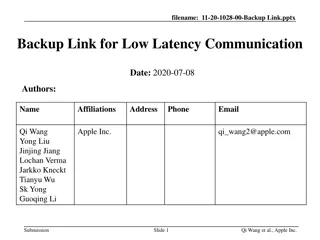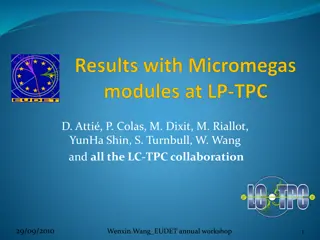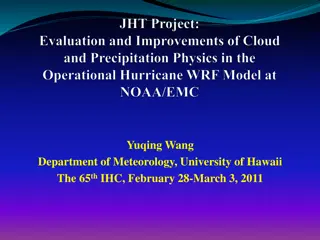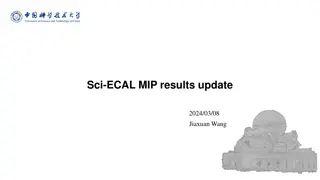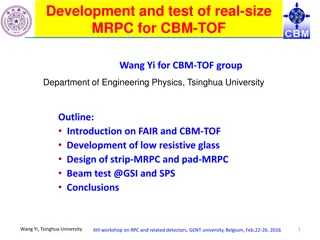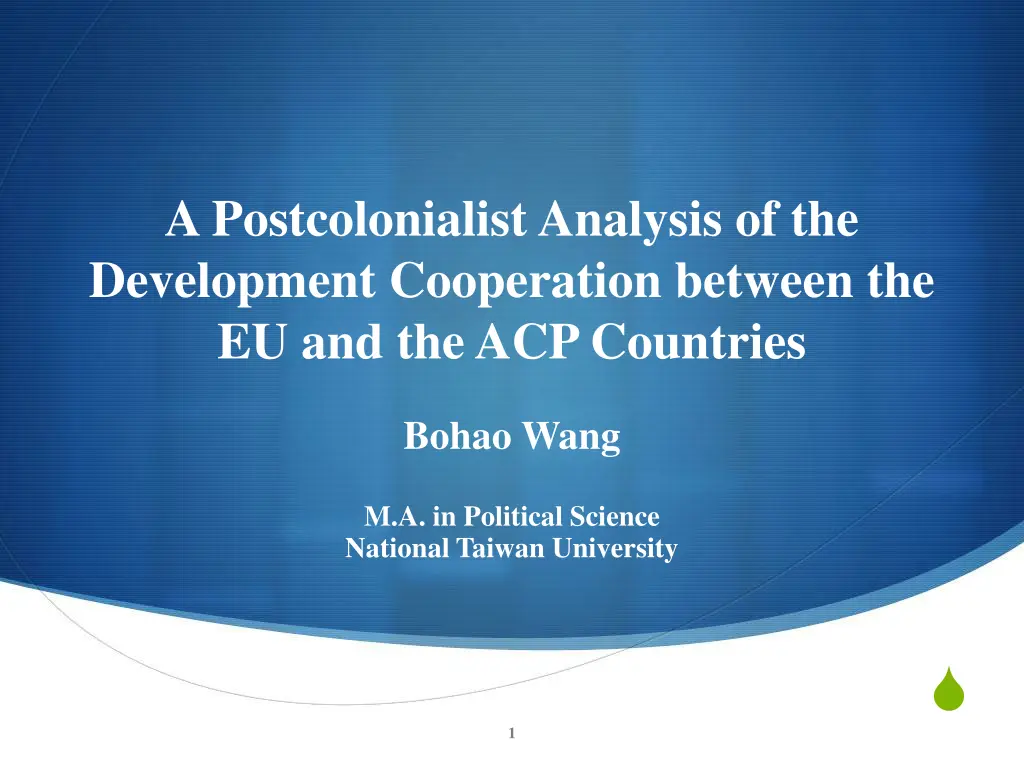
Postcolonial Analysis of EU-ACP Development Cooperation
Explore a postcolonialist analysis of development cooperation between the EU and ACP countries, examining the Cotonou Agreement, decision-making processes, and the cultural implications of development policies. Delve into topics like postcolonial theory, structural adjustments, good governance, and human rights within the context of EU-ACP relations.
Download Presentation

Please find below an Image/Link to download the presentation.
The content on the website is provided AS IS for your information and personal use only. It may not be sold, licensed, or shared on other websites without obtaining consent from the author. If you encounter any issues during the download, it is possible that the publisher has removed the file from their server.
You are allowed to download the files provided on this website for personal or commercial use, subject to the condition that they are used lawfully. All files are the property of their respective owners.
The content on the website is provided AS IS for your information and personal use only. It may not be sold, licensed, or shared on other websites without obtaining consent from the author.
E N D
Presentation Transcript
A Postcolonialist Analysis of the Development Cooperation between the EU and the ACP Countries Bohao Wang M.A. in Political Science National Taiwan University 1
Outline of the presentation I. Postcolonialism II. Cotonou Agreement III. Institutions and Process of Decision-making IV. A Postcolonialist Analysis V. Conclusion 2
I. Postcolonialism A. Said (A) representation (B) dichotomy B. Spivak (A) the subaltern (B) reflexivity Is the EU aware of its own cultural lens when promoting values through its development policies? 3
II. Cotonou Agreement A. Changes (A) Changes in trade relations (B) Inclusion of the civil society in decision-making process B. Continuities (A) Basic needs (B) Structural adjustments (C) Good governance (D) Human rights 4
III. Institutions and Process of Decision-making A. Council of Ministers B. European Parliament (A) monitoring (B) Co-decisioning C. European Commission D. European External Action Services, EEAS 5
IV. A Postcolonialist Analysis A. Development policies becoming more foreign policies oriented after the Treaty of Lisbon. B. Cultural implication of the guiding principles (A) basic needs 1. fictional, hierarchical 2. justificaion of the intervention of the expert 3. ignorance of inequality 6
IV. A Postcolonialist Analysis (B) structural adjustments 1. cultural weights and discursive authority of economics 2. neo-colonialism and bio-politics (C) good governance 1. western donors as judges, deciding what s good and bad. 2. corruption/ anti-corruption 7
IV. A Postcolonialist Analysis (D) human rights 1. universalism vs. cultural relativism 2. both are problematic -cultural relativism: dichotomous, essentialist, -universalism: promotion of universal rights? essentialist 3. universality as a goal not a priori fact 8
V. Conclusion Ignorance of the cultural lens Pretense to neutrality and objectivity VS. Reflexivity 9

